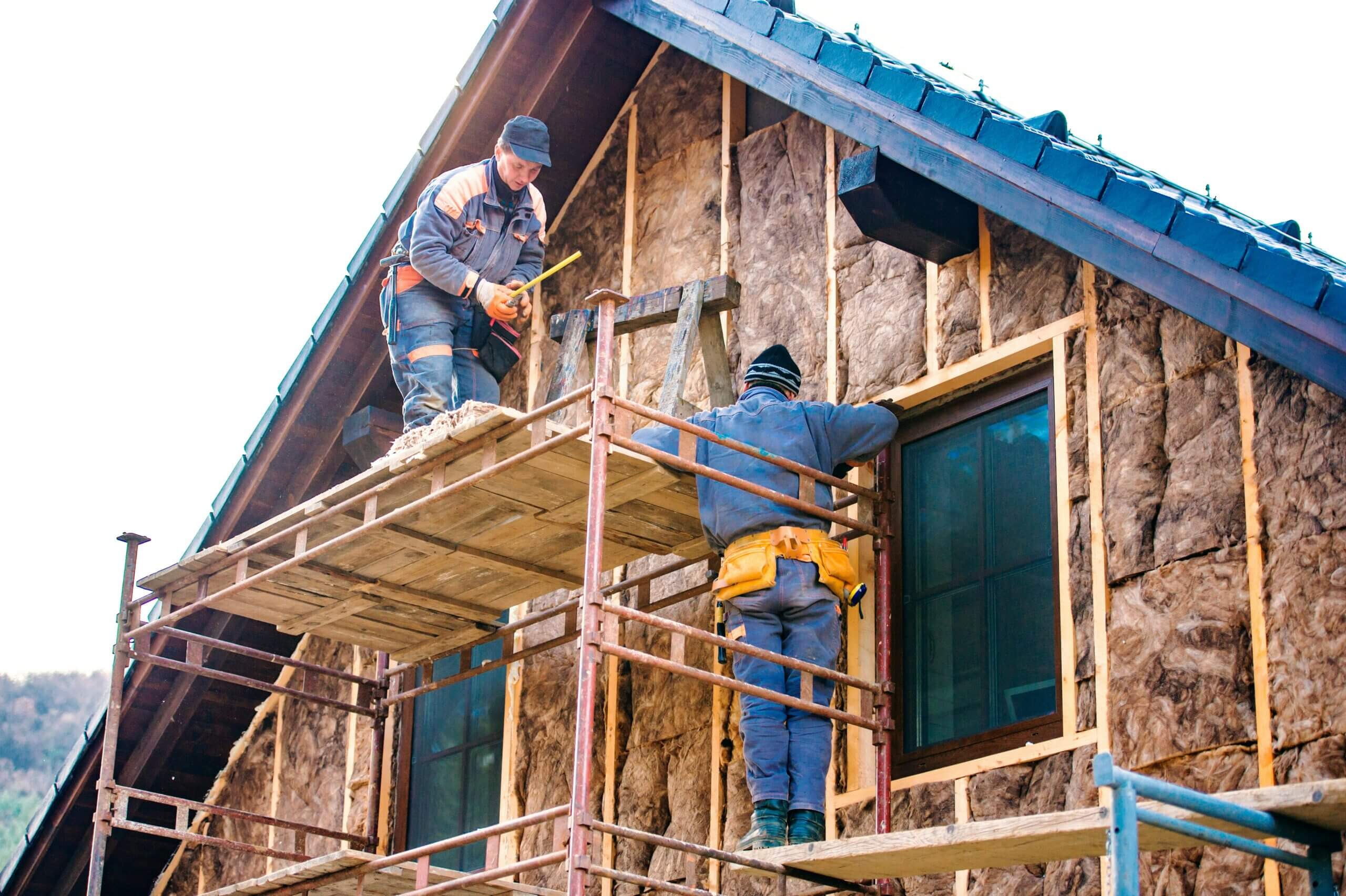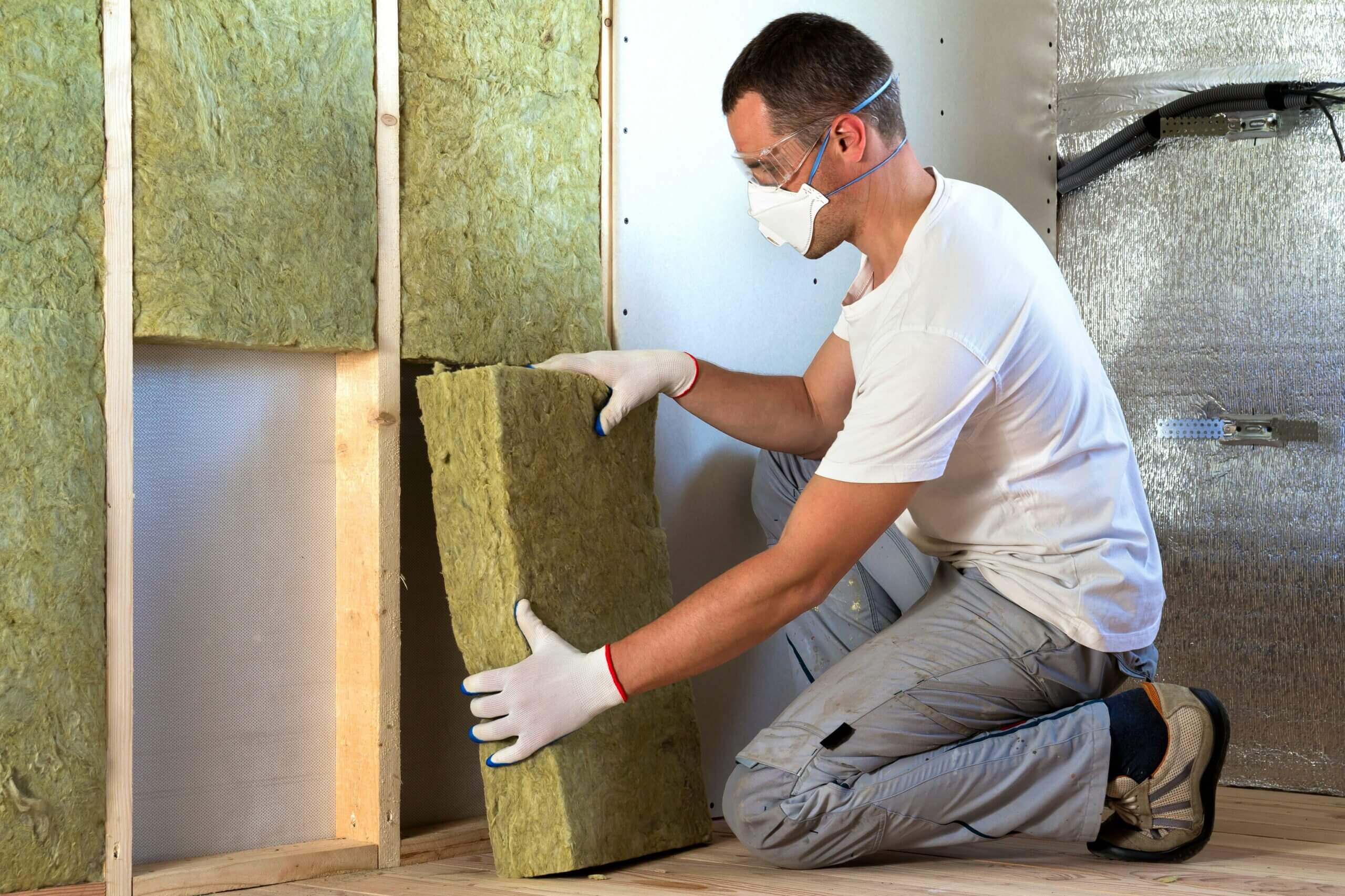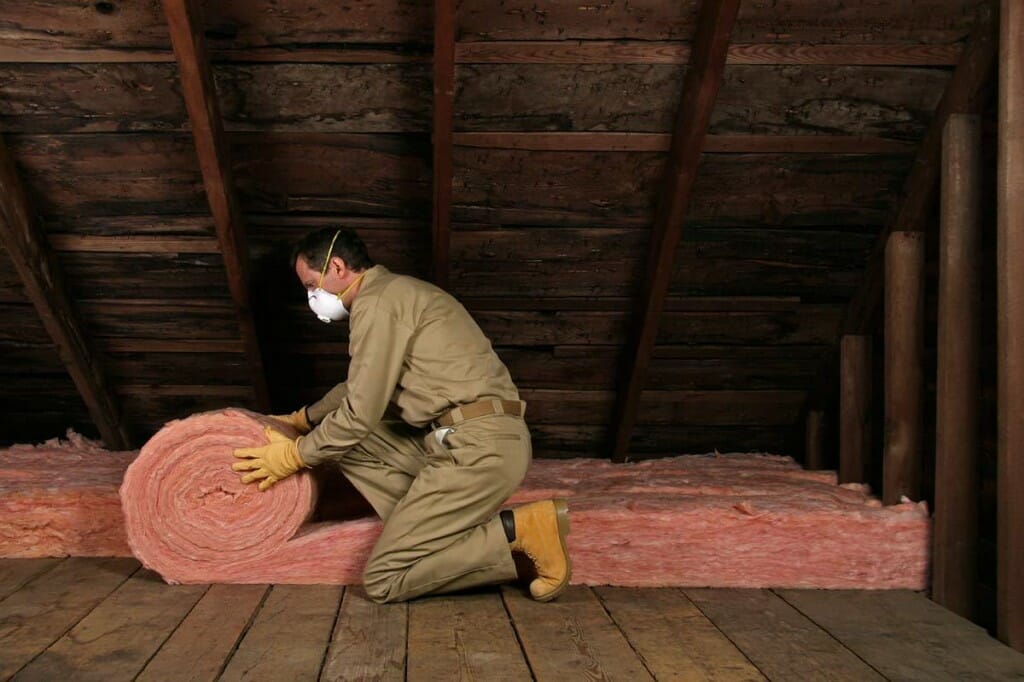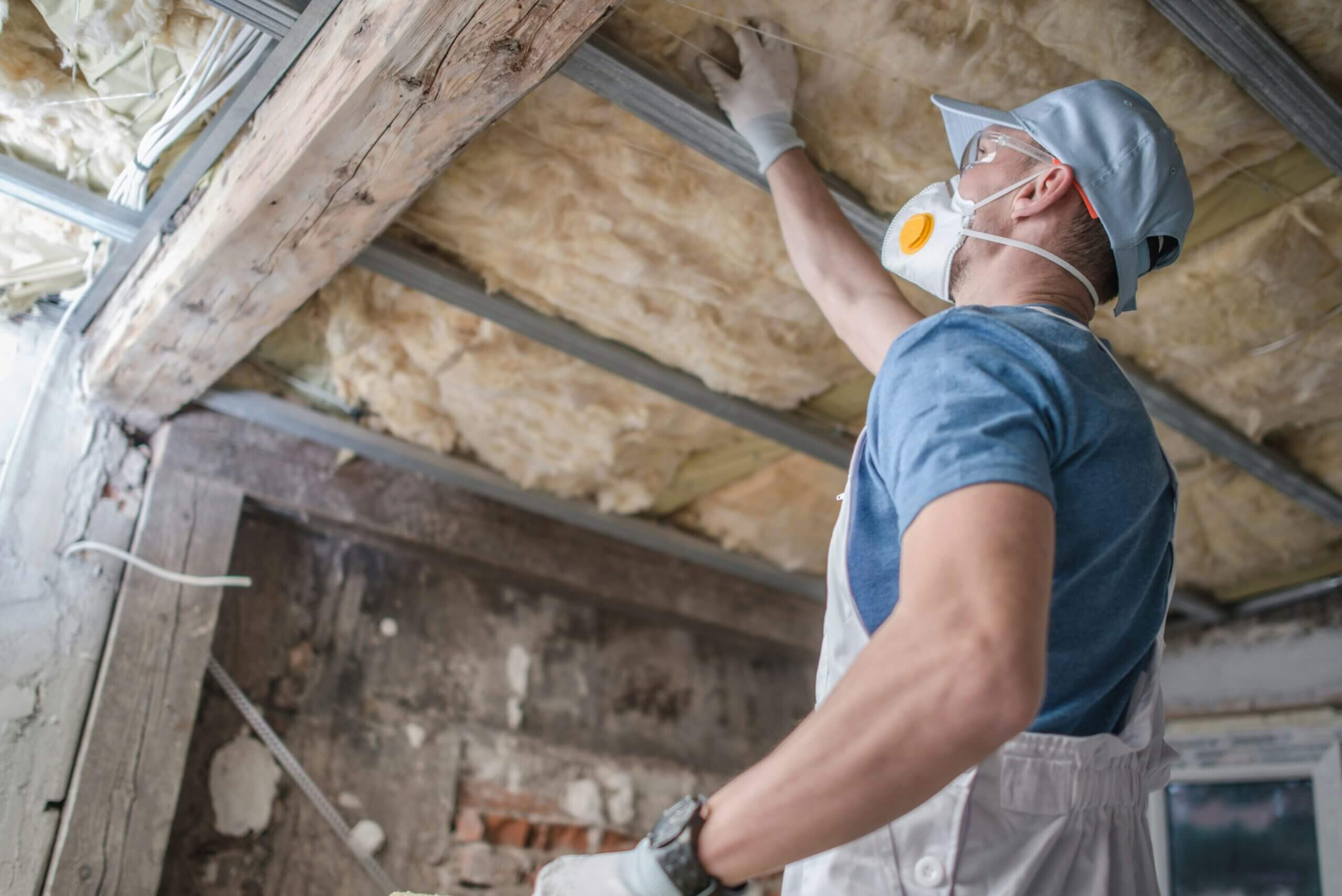Find Insulation Contractors Near You In Manchester, CT
Keeping your home comfortable year-round starts with proper insulation. Whether you’re upgrading attic insulation, sealing crawl spaces, or adding spray foam to your walls, local insulation contractors in Manchester, CT can help you reduce energy costs and improve indoor comfort.
Modernize connects homeowners in Manchester with licensed, insured insulation professionals who specialize in installation, replacement, and energy efficiency improvements for homes in Connecticut’s cold, snowy winters and humid summers conditions.
Why Proper Insulation Matters in Manchester
With 61°F average highs in summer and 41°F lows in winter, insulation plays a key role in keeping Manchester homes energy-efficient and comfortable. Proper insulation can:
- Lower heating and cooling bills by up to 20–30%
- Maintain consistent indoor temperatures across seasons
- Reduce drafts, noise, and moisture buildup
- Improve indoor air quality and HVAC performance
Over time, insulation can settle, compress, or lose efficiency — especially in homes exposed to Connecticut’s humid continental climate weather extremes. Upgrading or replacing insulation is one of the best investments homeowners can make for long-term savings.
How Much Does Insulation Cost in Manchester?
The average cost to install home insulation in Manchester ranges from $2,000 to $7,000, depending on the material type, home size, and accessibility of the installation area. Attic insulation typically provides the fastest return on investment through lower energy bills.
| Insulation Type | Average Cost Range (Installed) | Best For |
|---|---|---|
| Fiberglass Batt | $1.50 – $3.00 per sq. ft. | Affordable, easy to install; great for attics and walls. |
| Blown-In Cellulose | $1.75 – $4.00 per sq. ft. | Eco-friendly; ideal for existing walls and attics. |
| Spray Foam | $3.00 – $7.00 per sq. ft. | Superior air sealing; best for energy efficiency and moisture control. |
| Rigid Foam Board | $2.50 – $5.00 per sq. ft. | High R-value; used for basements, crawl spaces, and exterior walls. |
Exact pricing depends on your home’s layout, insulation type, and local labor rates. Request free quotes from insulation contractors in Manchester, CT to get accurate cost estimates.
Signs Your Home May Need New Insulation
Insufficient or aging insulation can cause energy loss and discomfort in your home. You may need an upgrade if you notice:
- Uneven temperatures between rooms
- High energy bills despite consistent HVAC use
- Drafts near windows, doors, or attic access points
- Cold floors or walls during winter
- Excess moisture, condensation, or mildew
Popular Insulation Services in Connecticut
Homeowners in Manchester often request these insulation solutions to improve comfort and efficiency:
- Attic insulation replacement: Reduces heat loss and gain for lower energy costs.
- Wall insulation upgrades: Increases comfort and reduces noise transfer.
- Spray foam insulation: Creates an airtight seal against heat and humidity.
- Crawl space and basement insulation: Prevents moisture and improves overall home performance.
- Blower door testing and air sealing: Identifies leaks and drafts for maximum energy efficiency.
Why Hire a Local Insulation Contractor in Manchester
Local experts understand Connecticut’s weather patterns, building codes, and energy rebate programs. Working with a Manchester-based insulation pro ensures you get the right materials and installation methods for your home’s unique climate.
- Knowledge of local rebates and tax incentives
- Proper installation for humid continental climate conditions
- Fast scheduling and on-site evaluations
- Accurate recommendations for energy efficiency improvements
Get Started With Top Insulation Contractors in Manchester
Modernize helps Manchester homeowners connect with trusted insulation companies offering expert installation, replacement, and energy efficiency services. Compare multiple quotes, explore financing options, and make your home more comfortable year-round.
Stay comfortable all year long. Get free quotes from local insulation pros in Manchester.




